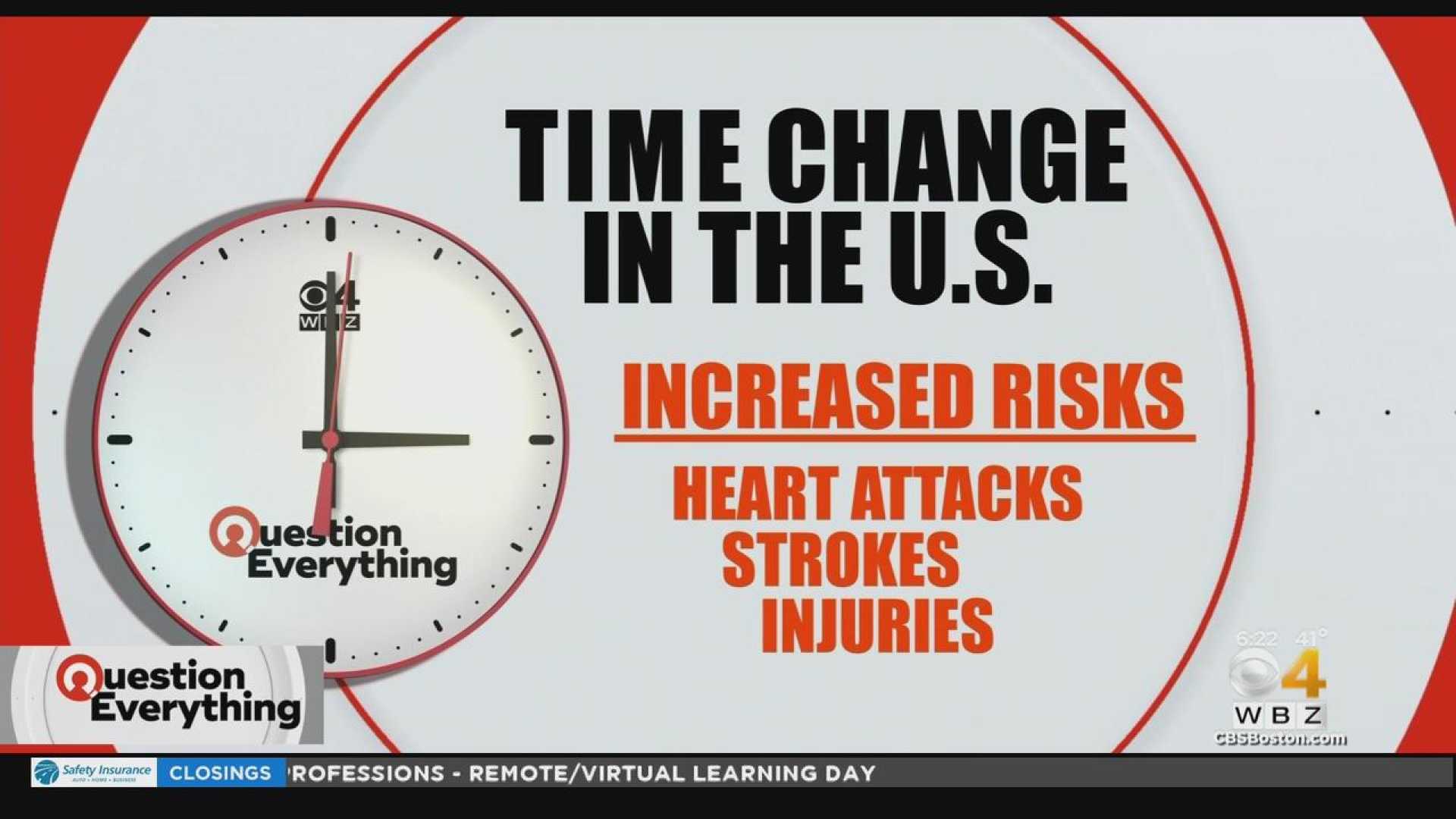News
The Debate on Permanent Daylight Saving Time Continues Across the U.S.

Daylight saving time will conclude on Sunday, November 3, with clocks being set back one hour. This reversion to standard time is criticized by many U.S. states and citizens due to its potential to disrupt sleep, increase the risk of traffic accidents, and exacerbate mental health challenges.
The practice of daylight saving time runs from the second Sunday in March to the first Sunday in November. During this period, Americans adjust their clocks forward and backward by one hour to make the most of daylight during spring and summer.
However, the practice is not uniformly popular, and both state and federal lawmakers have long advocated for a permanent daylight saving time to avoid the biannual clock change. Despite these efforts, no proposal has successfully passed through both chambers of Congress.
In 2022, the Senate passed a bill to make daylight saving time permanent starting in 2023. Nonetheless, the legislation stalled in the House of Representatives, and further bipartisan proposals introduced this year are also unlikely to advance.
Advocates of daylight saving time argue that having more sunlight in the evening improves quality of life and reduces energy consumption. Conversely, detractors point to health risks associated with the time change in March, including increased heart issues, mood disorders, and car accidents. They suggest that permanent standard time is more in tune with natural human circadian rhythms.
This year, lawmakers in at least 30 states have explored legislation related to daylight saving time. Under the current federal law passed in 1966, states cannot make daylight saving time permanent. Nonetheless, 19 states have passed laws or resolutions that would adopt permanent daylight saving time if federal law permitted and if neighboring states followed suit. Such states include Colorado, Minnesota, Mississippi, Utah, Wyoming, and South Carolina. Others like Iowa, Illinois, Nebraska, and New Jersey are considering similar legislation this year.
Only Arizona and Hawaii have permanently opted out of observing daylight saving time. Territories such as Puerto Rico, Guam, and the Virgin Islands also observe constant standard time. Additionally, states like Georgia, Idaho, and Tennessee have indicated a willingness to make the shift, contingent on neighboring states doing likewise, or on passing necessary legislation, as in Kentucky, New York, and Washington.












